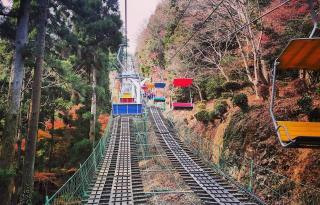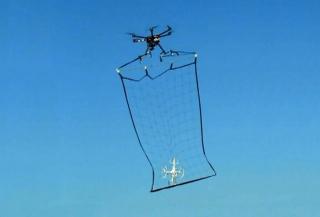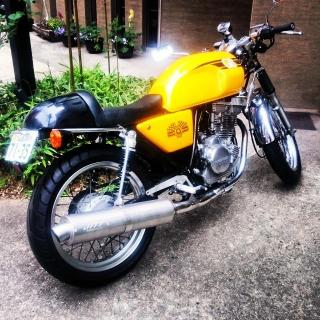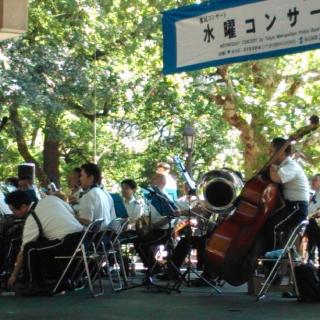@vladshe
« Tokyo, Japan! Everything is upside down here—car and pedestrian traffic, even magazines and menus start from the other side. Crossing the streets is extremely dangerous if you're a foreigner! And there are so many Japanese police officers around! Just some dry facts because I’m still getting used to it! Yo! »
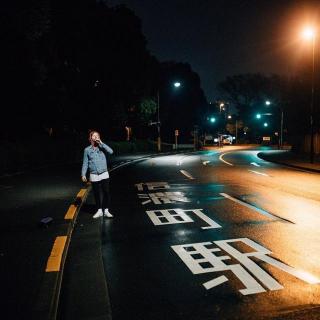
vladshe ©

